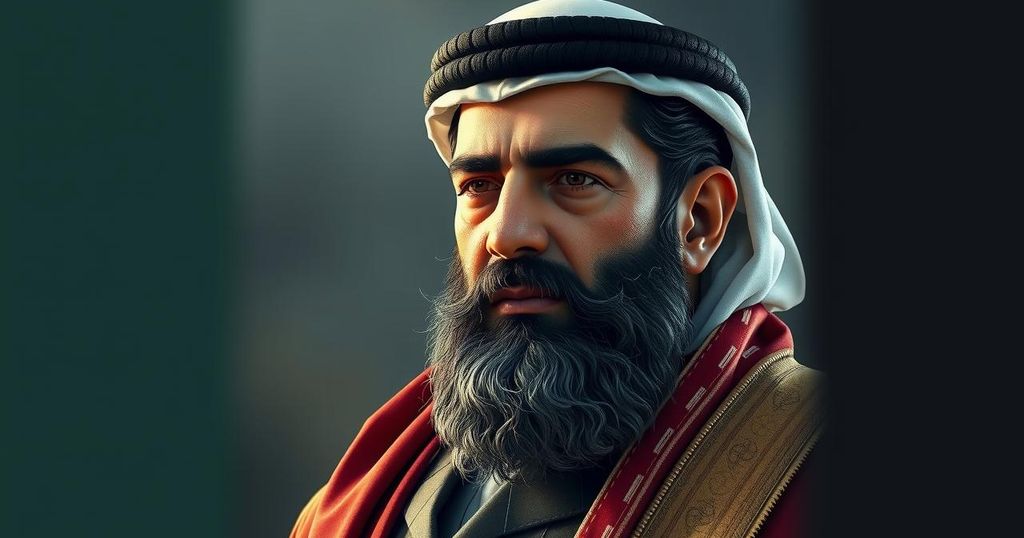Kuwait Withdraws Approval for Call of Duty: Black Ops 6 Featuring Saddam Hussein

Kuwait has retracted its approval for the video game Call of Duty: Black Ops 6, which features Saddam Hussein and the Gulf War. The game, due for release on October 25, 2024, portrays significant historical events, leading to the prohibition due to concerns regarding its content. Activision has acknowledged that the game will not be available in Kuwait, cancelling pre-orders as local authorities debate the decision.
Kuwait has officially withdrawn approval for the latest installment of the popular video game franchise, Call of Duty, which prominently features the late Iraqi dictator Saddam Hussein. The game, titled Call of Duty: Black Ops 6, is scheduled for release on October 25, 2024, and is set against the backdrop of the Gulf War in the 1990s, where players engage in combat as CIA operatives. Gameplay trailers have showcased scenes reminiscent of the devastation wrought during the conflict, such as burning oil fields, a grim reminder of the actions taken by Iraqi troops who purportedly ignited more than 700 wells during their invasion. While the game’s developers have included visuals of Hussein and Iraq’s historical three-star flag, Kuwait has not publicly addressed the game’s prohibition. Activision has confirmed that the title lacks the necessary age certification for release in the region. Consequently, all pre-orders in Kuwait will be cancelled and payments refunded. The company expressed hope for reconsideration from local authorities, allowing players access to this installment of the Black Ops series. Historically, the Call of Duty franchise has navigated various controversies, having faced bans in countries such as China and Russia, and has often intersected with sensitive geopolitical narratives.
Call of Duty is a renowned first-person shooter video game series launched in 2003. It has evolved into a multi-billion dollar entertainment franchise, attracting players across the globe. The narrative of Call of Duty often explores significant historical and geopolitical events, which has occasionally led to controversy regarding its portrayal of real-world conflicts. The specific focus on the Gulf War in Call of Duty: Black Ops 6, particularly relating to Saddam Hussein’s regime, presents an especially sensitive issue for Kuwait, a nation significantly impacted by the events of that war. The decision by Kuwait to withdraw approval underscores the ongoing tensions surrounding representations of political figures involved in conflicts, and how these narratives resonate within the affected regions. In the past, several iterations of the game have been banned in other countries for similar reasons, highlighting the delicate balance game developers must navigate when addressing real historical events.
In summary, the withdrawal of Kuwaiti approval for Call of Duty: Black Ops 6 reflects the sensitive nature of depicting historical conflicts, particularly involving narratives tied to Saddam Hussein and the Gulf War. This decision not only prevents the game’s release in the region but also raises questions about how video games can address historical and political themes without inciting backlash. Activision’s hope for a reversal indicates an ongoing dialogue about the appropriateness and impact of such portrayals in gaming. As the genre continues to expand, the franchise’s history of controversy serves as a reminder of the intersection between entertainment and real-world geopolitics.
Original Source: news.sky.com







